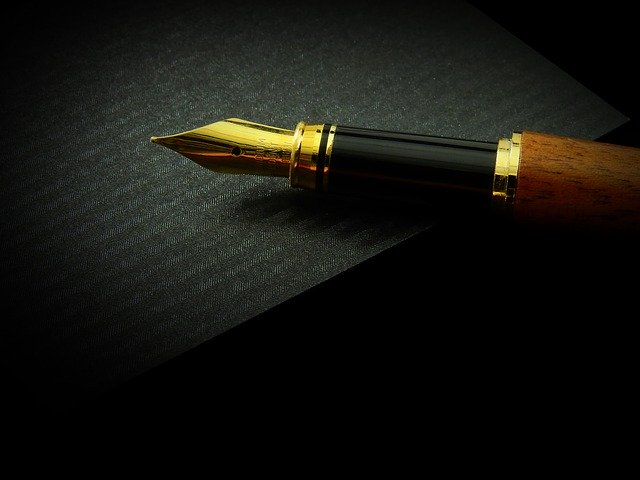THE FENCE OF SANITY
THE FENCE OF SANITY
Harav Y. Rubin Shlita
Print-friendly version
The Numbers are growing, billions merge into trillions until we have no idea what they even indicate. Some years ago (2015) I shared some such sums with you my loyal readers, and I would like to remind you of what they were.
According to the well-respected neuroscientist, Professor Daniel Levitan, we live in a world with 300 exabytes (300 billion, billion) of information, and this is rapidly expanding to ever greater levels. Today it is thought that there are more than 40 zettabytes, that’s a lot of bits of material, especially when neuroscientists explain that the processing capacity of the conscious mind is a mere 120 bits per second.
This presents a challenge not only to our processing capacity but also to our decision-making ability. We have so much information aimed at us, all of which needs some sort of mental effort. Most of this is junk mail, yet even when we file it away as such, we have had to expend some of our limited capacity on the matter. This can lead to a sort of meltdown or brain fatigue, wherein we just don’t have the energy left to make vital decisions.
Much research has been expended on this matter and believe me, just reading it makes your eyes water. One of the most useful of the findings can be summed up thus: the decision-making network in our brain doesn’t prioritise that which is junk or what is important; it all uses up the same amount of fuel in the brain. Today we are confronted with unprecedented amounts of information, and each of us generates more information than ever before in human history. Just think about it for a moment: in “the heim” Yidden had little to do with the outside world. Their brains absorbed Torah with little interference. Today, phones, computers, newspapers, magazines, and much more are almost standard, and even when deleting much of all this useless dross, our brains are still expending limited energy in the process. Our brains do have the ability to process the information we absorb but at a cost. We can have trouble separating the trivial from the important, and all this information processing makes us tired. Every time we look at the screen of our phones in anticipation of a message we are using up some mental fuel. It’s little wonder that we often feel exhausted by the time it comes around to learn our daily Daf.
What can we do in this situation? How can we cut the noise that seems to be the soundtrack of our lives? We must create quiet zones wherein we just turn off all the technology and allow our minds to settle down. I have seen sweet Yidden in tallis and tefillin standing outside a Beis Medrash talking on their phones. Is there no place where we can have a sanctuary free from the interference of today’s world?
In Parshas Ki Seitzei we are introduced to the mitzvah of ma’akeh, the placing of a boundary around an elevated property to prevent someone from falling and hurting themselves. This has both physical and spiritual implications.
“When you will build a new house, you shall make a fence for your roof. Do not place [innocent] blood in your house, lest someone fall from it.” (22:8)
Why does the Torah tell us about this law being in a newly- built house? The law is binding on all houses, even old ones! This parsha is always read at this time of the year, ahead of Rosh Hashonah, and the Sefer Oneg Shabbos shares a simple, yet deep, meaning to all this. We are all building new houses now, spiritual houses, wherein we will have cleared out all our past sins with our repentance, and with Hashem’s blessings, we will be forgiven our past misdeeds. This is the motif of this holy time of the year. However, what good is a new and clean house if it is built with inherent dangers? The railings we build around these new spiritual edifices must be high and safe. What good will come if we spend the whole season of Rosh Hashonah and Yom Kippur working on our past misconduct if when granted a new lease of life we aren’t careful and allow ourselves to fall off this new roof?
All the superficial knowledge flowing into our brains clutters up our ability to make the right decisions in our lives. Now, in these moments before we stand and plead for a new, clean future, we must cut out the constant roar that pollutes our minds. Make new and strong railings, limit your access to the constant noise, and turn everything off, at least in shul and during davening. Allow your brain to think clearly and you will be astounded at how much sweeter your davening will be.
I accept that this isn’t as simple as it sounds. After all, the yetzer hora has invested much effort in making technology our master rather than our servant. The answer is to be found in the beginning of our parsha where we are told: “When you go out to war against your enemies, Hashem will place him in your hands; you will take him as a prisoner. (21:10)
Hashem promises us that if we just stand up and fight our spiritual enemies, Hashem will place them in our hands. We can win this battle, but first we must enter it! There is just this one condition: we have to fight, be strong and create safety in our lives, and then we will be zoche to take the Satan as a prisoner.

